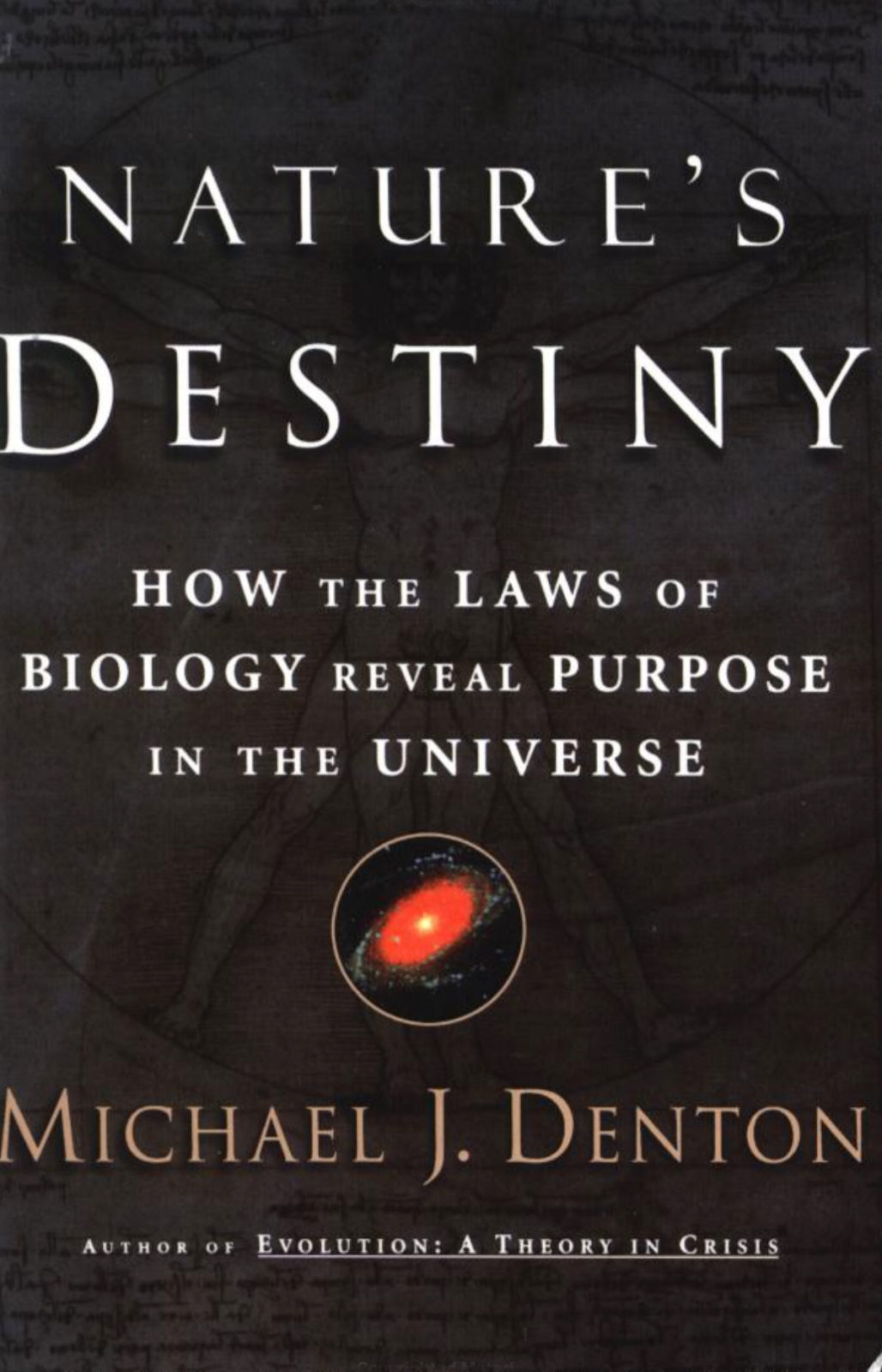

Lucky Jim
For more information about David Berlinski – his new books, video clips from interviews, and upcoming events – please visit his website at www.davidberlinski.org. Genes, Girls, and Gamow After the Double Helix by James D. Watson Knopf, 304 pp., $26 A DOCTORATE from Indiana University in 1949, the Cavendish laboratories at Cambridge University, the discovery of DNA. Thereafter, immortality. James Read More ›
Doing the DNA dance

Genome Project Raises Fears, Hopes
Two rival groups of scientists have announced that the race to decode the human genome has ended-in a tie. J. Craig Venter, president of Celera Genomics, and Francis S. Collins, director of the National Human Genome Research Institute, joined in a White House ceremony on June 26 to announce that they’ve deciphered the human hereditary script. The two organizations had Read More ›

DNA and Other Designs
For two millennia, the design argument provided an intellectual foundation for much of Western thought. From classical antiquity through the rise of modern science, leading philosophers, theologians, and scientists — from Plato to Aquinas to Newton — maintained that nature manifests the design of a preexistent mind or intelligence. Moreover, for many Western thinkers, the idea that the physical universe Read More ›

Nature’s Destiny
While others search the skies for extraterrestrial life, Michael Denton has examined the recent discoveries in all the sciences to ask — Could life elsewhere be substantially different from life on Earth? Drawing on a staggering knowledge of physics, biochemistry, geology, and evolution, Denton builds a step-by-step argument for human inevitability. Life requires water, DNA, and protein; it can only Read More ›
The Message in the Microcosm
Traditional approaches that fail to take account of new findings in molecular cell biology cannot survive the present day. Materialistic explanations for the origin of information have been systematically eliminated over the past forty years. Has origin-of-life research brought us to the brink of a new scientific revolution? Despite the now well-documented influence of Christian thinking on the rise of Read More ›

The Origin of Life and the Death of Materialism
Introduction Alfred North Whitehead once said that “when we consider what religion is for mankind and what science is, it is no exaggeration to say that the future course of history depends upon the decision of this generation as to the relations between them.” Whitehead spoke early in this century at a time when most elite intellectuals believed that science Read More ›
